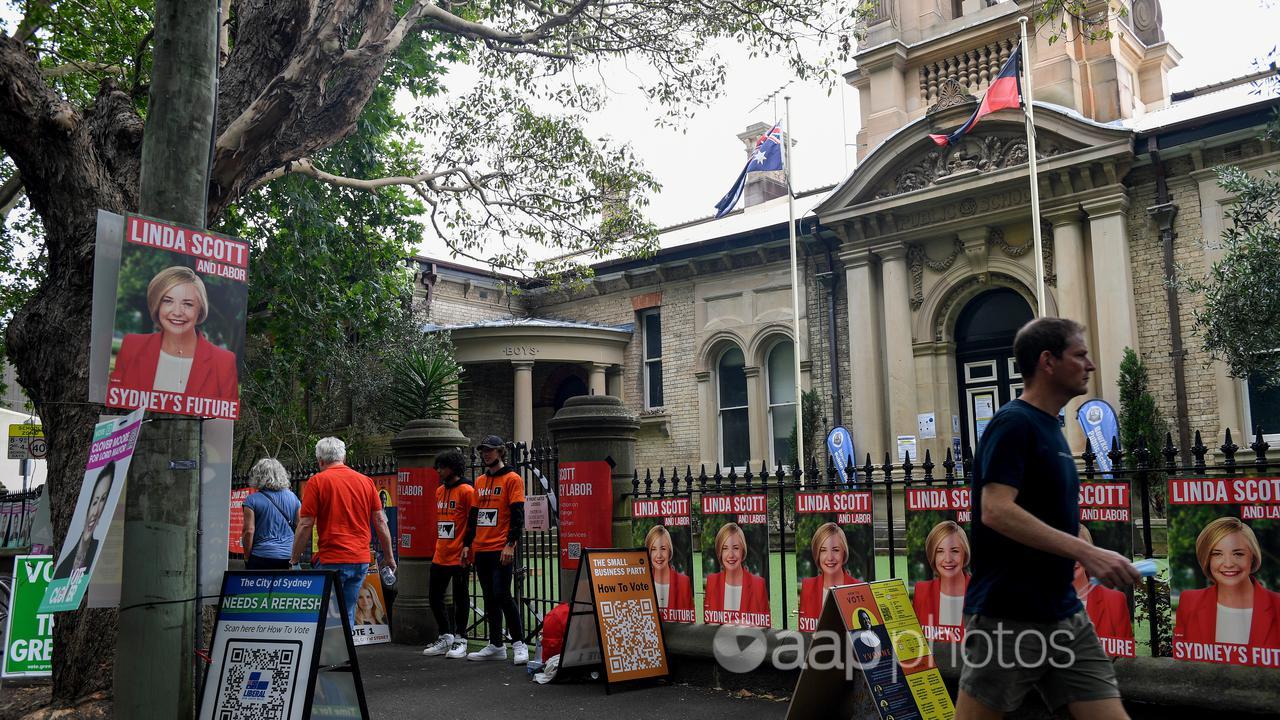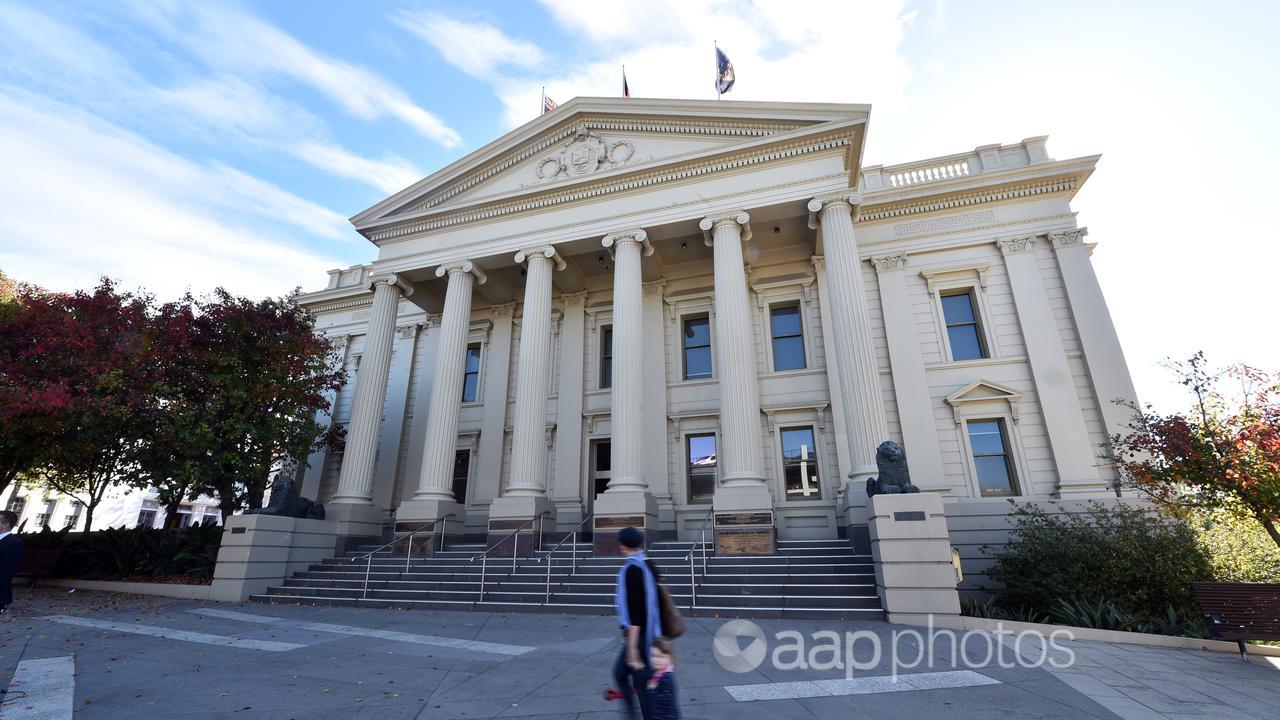It is being claimed that local councils are not actually authorised to act as a third tier of government in Australia.
The claim is false and has been described by experts as “confused nonsense”.
Mike Palmer, from the Know Your Rights group, made the claim in a Facebook video (archived here).
“Local councils not being authorised to act as a third tier of government,” he says (11-min mark). “The fact that local councils are indeed mentioned in our Commonwealth Constitution despite everybody, including the Attorney-General, saying no they’re not. But they are only listed as a department of a state, not as an independent level of government.”

The Know Your Rights website presses the case, claiming the Constitution dictates there can only be two levels of government: state and federal. The website also links to “local government class action” by the Community Law Resource Association (CLRA), which seeks to have local government recognised as a “department of the state and not a third tier of government”.
The purpose is stated: “If we achieve this then, of course, Local Government will lose the power to impose any form of taxation and the issuing of fines.”
Professor of constitutional law at the University of Sydney Law School, Anne Twomey, described the claim as “confused nonsense”.
“The Commonwealth Constitution does not refer to local government (despite two failed attempts in 1974 and 1988 and one aborted attempt in 2013 to insert a reference to local government in the Commonwealth Constitution),” Prof Twomey told AAP FactCheck.
“Local government is, and always has been, established by state (and previously colonial) legislation. States have full legislative power to make laws, including the power to establish a system of local government.”

Prof Twomey also said it was wrong to claim local government is in the Constitution as a department of a state government.
“The author seems to be referring to pp 935-6 of Quick and Garran’s ‘The Annotated Constitution of the Australian Commonwealth‘. But all it says on those pages is that the states retain residuary legislative power to enact laws on a range of things including ‘municipal institutions and local government’. This is stated in the ‘commentary’ about the Constitution — these words are not in the Commonwealth Constitution itself.”
Expert in the law of politics at the University of Queensland, Professor Graeme Orr, said the Commonwealth Constitution “famously” does not mention local government.
“States have ‘plenary’ and ‘residual’ power — ie can do anything not done by Commonwealth and not inconsistent with that national Constitution,” Prof Orr told AAP FactCheck.
“What we now call states set up local government systems beginning in the early colonial days. They were local bodies with autonomy, not state ‘departments’ – a very odd claim to make.
“Finally, far from limiting states in this regard, the Commonwealth Constitution explicitly continues all state constitutions and power (sections 106-7).”

Prof Orr added that state constitutions now partly entrench recognition of local government as a necessary, democratic level of government.
Dr Alan Fenna, an expert in Australian government and politics at Curtin University, also said the claim is “complete nonsense”.
He said plenary authority means “the states thus have full and exclusive power over local government.”
He added: “Exercising that authority, they can (and do) create and delegate powers to local governments. They can (and do) do this through ordinary legislation, and they can (and do) recognise local government in their own respective constitutions.”
Know Your Rights has been checked numerous times by AAP FactCheck, examples here, here and here.
The Verdict
The claim that local councils in Australia are not authorised to act as a third tier of government is false.
Contrary to the claim, experts told AAP FactCheck that local government is not listed in the Commonwealth Constitution.
Local government is instead established by state legislation. The Commonwealth Constitution gives states full legislative power to make laws, including the power to establish a system of local government.
False – The claim is inaccurate.
* AAP FactCheck is an accredited member of the International Fact-Checking Network. To keep up with our latest fact checks, follow us on Facebook, Twitter and Instagram.
All information, text and images included on the AAP Websites is for personal use only and may not be re-written, copied, re-sold or re-distributed, framed, linked, shared onto social media or otherwise used whether for compensation of any kind or not, unless you have the prior written permission of AAP. For more information, please refer to our standard terms and conditions.


















